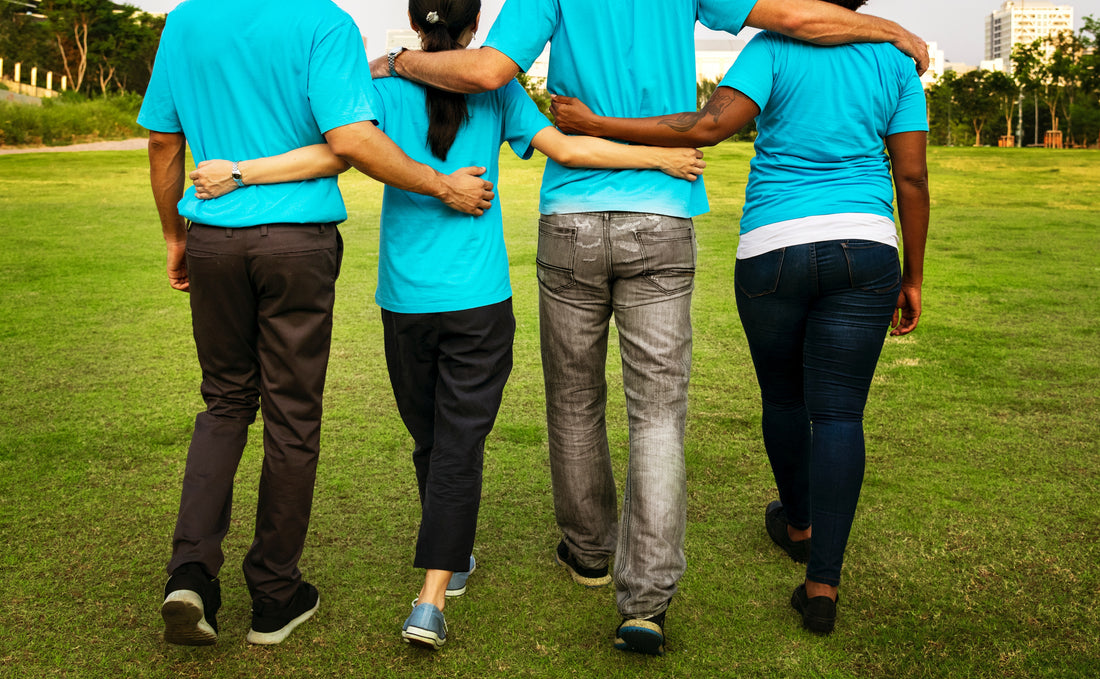
17 November Is Suicide Survivor Day
Share
Introduction
It is a health epidemic and one of the leading causes of death in the United States: Suicide.
In 2017, more than 44, 000 people in the US died by their own hand.
'National Survivors of Suicide Day' was created as a day when family and friends affected by suicide can get together to support each other, but also to raise awareness of these awful endemic occurrences.
Today, it is a world-wide event where stories of hope and healing are shared. This year, the date set aside for this is 17 November.
Who started it?
The observance of this day is the idea of Senator Harry Reid, who started this in 1999. He is a survivor of suicide himself and he wanted to create a day before the holidays so that survivors can support each other.
So, the Saturday before Thanksgiving was designated as the National Survivors of Suicide day, from then onward.
Holidays are a difficult time for loss survivors and Senator Reid hoped to ease suffering by the offering of gatherings for healing and support.
It soon became clear that there is a global need for this and the day is now officially called the International Survivors of Suicide Loss Day.
Suicide, depression, and addiction go hand-in-hand
It is a vicious circle. Severely depressed people turn to drugs or alcohol to ease some of their pain. The misuse of these substances, lead to even more depression as sufferers are not able to numb their psychological or emotional pain.
Many see suicide as the only way out. In fact, individuals with substance abuse are 6 times more likely to attempt suicide at some point in their lives.
Is it only addictions that cause suicide?
It is hard to pinpoint one cause, as all people are different. But, in most cases, it is a heap of contributing factors that lead to the decision.
Experts say the most common risk factors for suicide include:
- Previous suicide attempts and suicidal thoughts
- The abuse of drugs and alcohol
- A history of depression, mental illness or trauma
- A family history of violence or abuse
How can I help?
It helps to know some of the warning signs of suicide. It is not to say that your loved one is definitely going to commit suicide, but should you pick up some of the common warning signs, why not try to help?
Look for:
- Someone talking about wanting to die or looking for ways to kill themselves, such as searching online
- Someone expressing feelings of hopelessness or of feeling trapped and in pain
- Isolation from friends or family
- Increased substance abuse
- Someone abandoning all sources of enjoyment and hobbies
- Extreme mood swings and reckless behavior
- A dramatic change in sleeping habits, such as sleeping too much
Conclusion
Survivors of suicide always feel that they could have done something more, that they could have stopped the suicide. It is a terrible burden to carry. Please know that you are not responsible. Each person decides for himself.
You can only be supportive and keep a look out for warning signs. Most importantly, because of the fact that addiction greatly increases the risk of suicide, it should be confronted early. Recovery is possible.
Largest Heart supports non-profits that make it their mission to help with addiction issues, as well as suicide prevention organizations.
This year, on 17th November, spare a thought for all the suicide survivors out there.
Donate and help us to make this world a better place.